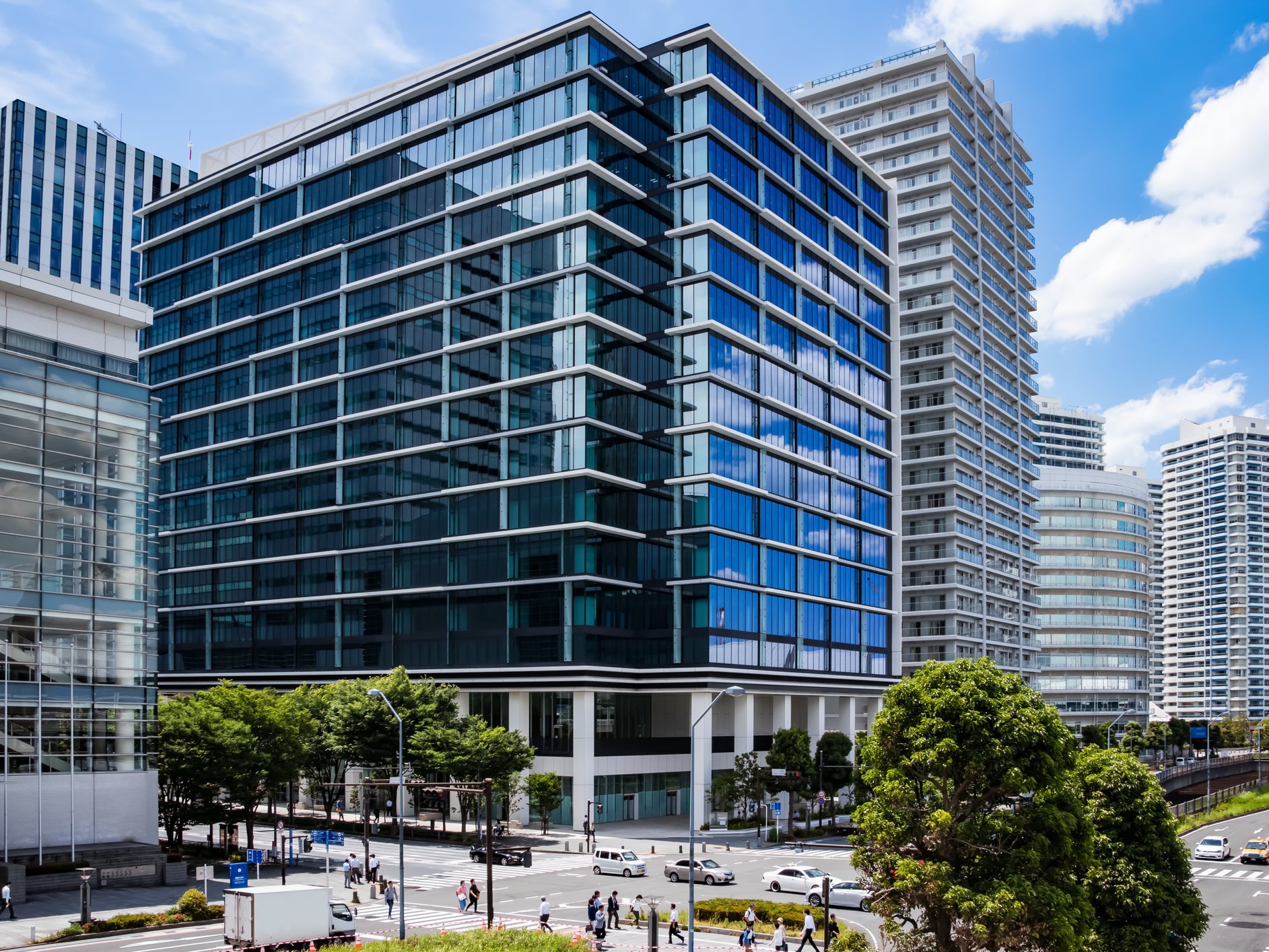The coronavirus pandemic has upended our lifestyle, ways and beliefs in a ginormous way. Everything from hugging our loved ones to travelling to offbeat places have taken a sudden retreat; we are worried out loud about a lot of things-our health and jobs, our fragile elders and also the economy.
While we are all rooting for things to get normal again and ride out this crisis with flying colours, truth is, things won’t normalise in the next few weeks or even in months. Some things never will. We are left with a blank slate, where creating a new normal that is better than the previous one is the ultimate goal.
Winds of Change
The pandemic has almost pushed the real estate sector to the brink of- innovate or perish. Looking at the way the new normal is being painted, it is safe to say that the future of the property sector will depend a lot upon consumer behaviour.
Though there is no denying that real estate sees more investments than stocks and bonds combined, the importance of real estate as an asset is going to be more pronounced in the coming months; and winds of change will be noticed in terms of restructuring and redistribution. The repercussions of the pandemic have been noticed not only in consumers, but also in developers, stakeholders, and the government as well. And this will fan the embers of the new normal in real estate.
Home to drive decision-making
Home as an asset has received an impetus from millennials and Gen Z folks. The fact that more and more people are breaking away from the rental mindset and looking for affordable properties, has come as good tiding for the real estate sector.
With work-from-home touted to be the new normal and slated to become a norm, the need for a personal work station has fuelled the desire for owning a larger house; not to mention the higher sense of security that comes with a home.
While the factor of commuting to work no longer holding water of late, homebuyers are pushing themselves to the suburbs to grab a good bargain with more open spaces and low cost of acquisition. The sound reasoning of owning a home at the peripheries than shelling out high rentals in city apartments has made homebuyers gung-ho about home ownership.
Staying in the lap of nature, breathing fresh air, and taking the one- or two-hours commute to office makes more sense to millennials now.
Reincarnation of Office Sector
The commercial office space had seen quite a buzz before the pandemic invaded our soil. Inflows to the sector was strong due to rapid increase in rentals and absorption of office space and lucrative returns pulled NRIs to this segment. However, the mushrooming of the pandemic poured water on the ambitions of the office sector.
With IT giants like Google, Twitter etc renouncing their offices for now due to adoption of work-from-home model, which is going to be a long-term strategy, the demand for office spaces have shrunk. Several start-ups that are struggling to run their office set-ups owing to lack of funding and business headwinds are mulling the idea of closing their offices and continue their business via work-from-home modes.
Minimizing costs to enable business continuity is gaining precedence and so the attraction of large, glitzy office spaces are waning. Organizations that are able to manage talent pools with fewer locational constraints, innovate new processes to boost productivity and whip up a stronger corporate culture will look to reduce real estate expenses to a large extent.
Re-densification of offices due to health and hygiene concerns will gain prominence, till a vaccine is available.
Reconceiving Retail & Hospitality
The retail sector received a heavy pounding from the pandemic-induced lockdown with the closure of shops and malls. Many tenants shelling out large sums of money for their spaces in malls are now waiting for their leases to expire before moving out. Demand for physical retail has come to a trickle with the preference for contactless, online shopping.
Post Covid, independent, standalone shops in open spaces will be preferred and the mall shopping culture will take a backseat. High-street shopping arcades with outlets centres like Khan Market in New Delhi will be at an advantage.
The hospitality sector is under severe duress with rock-bottom occupancy rates. With suspension of travel and fear of health and hygiene, hotel owners are feeling the heat. Most hotels are on the verge of closing, unable to navigate the turbulent times; while single properties built with financial leverage are handed over to the lenders. Properties having 20 rooms are converted into hostels, guest houses or sold as residential spaces to tide over the crisis.
Consolidation & Digitization in housing business
A massive consolidation is on the cards, with smaller real estate players keen on squaring off their assets to cash-rich corporate players through takeovers or joint development agreements. Corporate developers with strong brand equity and capital support will gain larger market share in the coming months while smaller names will go into oblivion.
Real estate developers will increasingly look to adopt new tech trends, looking at the success they received from digital sales. Intelligent use of construction technology will increase, and the benefits gained by developers from this tech adoption will be passed on to consumers in the form of price moderation.
The real estate sector will have to press the reset button, come out fresh and work intelligently to survive the new normal. Real estate developers will have to put their finger on the pulse of the consumers and draft master plans for the sake of the economy and not for their whims, fancies and self-fulfilling agendas. The storm will pass in the meantime but real estate will emerge stronger in future.




